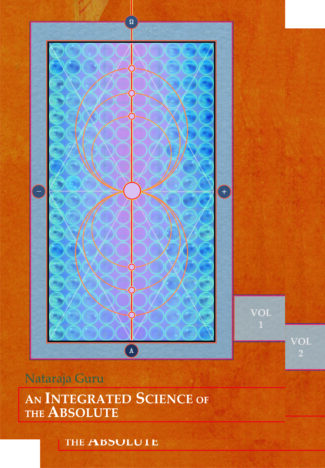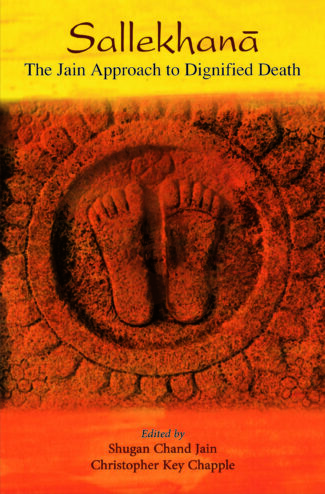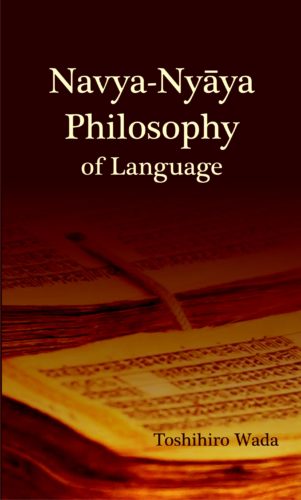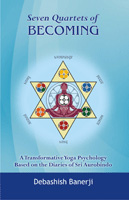

Indian Philosophy an...
Indian Philosophy and Religion
A Readers Guide by: Bibhu Padhi , Minakshi PadhiThe book presents a comprehensive account of the six Indian classical systems and the Carvakas, and of their texts and their exponents. Unfolding a panorama of the Hindu divinities, it also discusses Jainism and Buddhism as religions and philosophies.
Original price was: ₹650.00.₹585.00Current price is: ₹585.00.
ISBN: 9788124603284
Year Of Publication: 2005
Edition: 2nd
Pages : x, 413
Bibliographic Details : Bibliography; Glossary; Index
Language : English
Binding : Paperback
Publisher: D.K. Printworld Pvt. Ltd.
Size: 23 cm.
Weight: 700
In India, philosophy and religion are linked intimately, inseparably. Barring the Carvakas materialistic school, every other school has concentrated not just on the spiritual way of life in the here-and-now, but on the eventual spiritual salvation of man in relation to the universe. However, notwithstanding the centrality of its spiritual concerns, Indian philosophy has not altogether glossed over materialism; rather it has known it, overcome it, and has accepted idealism as the only tenable view -whatever specific form that idealism might take: mythological, popular or technical. Offering a brilliant prefatory discussion on the nature and thematic importance of the Vedas, the Upanishads, and the Bhagavad Gita, Padhis book tries to capture Indias fabulous philosophic genius, with comprehensive, at once objective account of all the six classical systems: the Nyaya, the Vaisheshika, the Samkhya, the Yoga, the Purva Mimamsa, and the Vedanta; and, in addition, of the Carvakas: the crass materialists. And of their numerous texts and their exponents: classical, medieval, and modern. Also unfolding a panorama of the Hindu pantheonic divinities, the authors present Jainism and Buddhism: both as religions and philosophies -with focus on their world- views of ethics, major doctrines and significant metaphysical theories, among other aspects. Uninfluenced either by the idealistic/eulogistic studies of certain Indian scholars, or by the damaging critiques of their Western counterparts, the authors aim to achieve utmost objectivity in their presentation. Which, together with extensive bibliographic references and glossary of Sanskrit terms, makes the book an authentic guide for the discerning readers of Indian philosophy, religion and mythology.
Preface
1. Introduction : The Vedas, the Upanishads, the Bhagavad-Gita
The Vedas
The Upanishads
The Bhagavad-Gita
2. Charvaka and Indian Materialism
Charvaka/Lokayata Literature
Theory of Knowledge
Metaphysics
Ethics
3. Jainism
Literature
Theory of Knowledge
Jaina Logic
Metaphysics
Jaina Ethics
4. Buddhism
Literature
Early Buddhism: A Glance
The Theory of Dependent Origination (Pratitya-Samutpada)
Theory of Causation (Arthakriyakaritva)
Doctrine of No-Self (Anatta)
The Doctrine of Action (Karma)
The Root-Conditions or Generative Causes (Sadhetavah)
Concomitant Conditions or Subordinate Causes (Chatvarah Pratyayah)
Buddhas Ethics
Theory of Knowledge
Schools of Buddhism
The School of the Vaibhasikas
The School of the Sautantrikas
Nirvana in the Hinayana School
The School of Yogachara
The School of Madhyamika
Buddhist Logic
5. Vaisesika-Nyaya
Vaisesika and Nyaya Literature
The Vaisesika Categories (Padartha)
The Vaisesika Theory of Causation (Asatkaryava)
The Atomic Theory
The Nyaya Categories
Logic and Epistemology
Theory of Meaning and Truth
Sources of Knowledge
God in Vaisesika and Nyaya
Bondage and Liberation in Vaisesika-Nyaya
6. Samkhya-Yoga
Samkhya and Yoga Literature
Theory of Causation
Purusha
Prakrti
Theory of Evolution
Evolutes
Theory of Knowledge
Influence on other Systems
The System of Yoga
Sufferings and the Removal of Sufferings
Karma or Action
Ashtanga-Yoga or The Eight Limbs of the Yogic Process
7. Purva Mimamsa
Literature
Theory of Knowledge
The Word (Sabda): A Survey of Mimamsa-Sutra
Mimamsa Ritualism
Metaphysics
8. Vedanta (Uttara-Mimamsa)
Advaita Vedanta
Visishtadvaita Vedanta
Dvaita Vedanta
9. Hindu Gods and Goddesses
Glossary of Major Terms
Index







